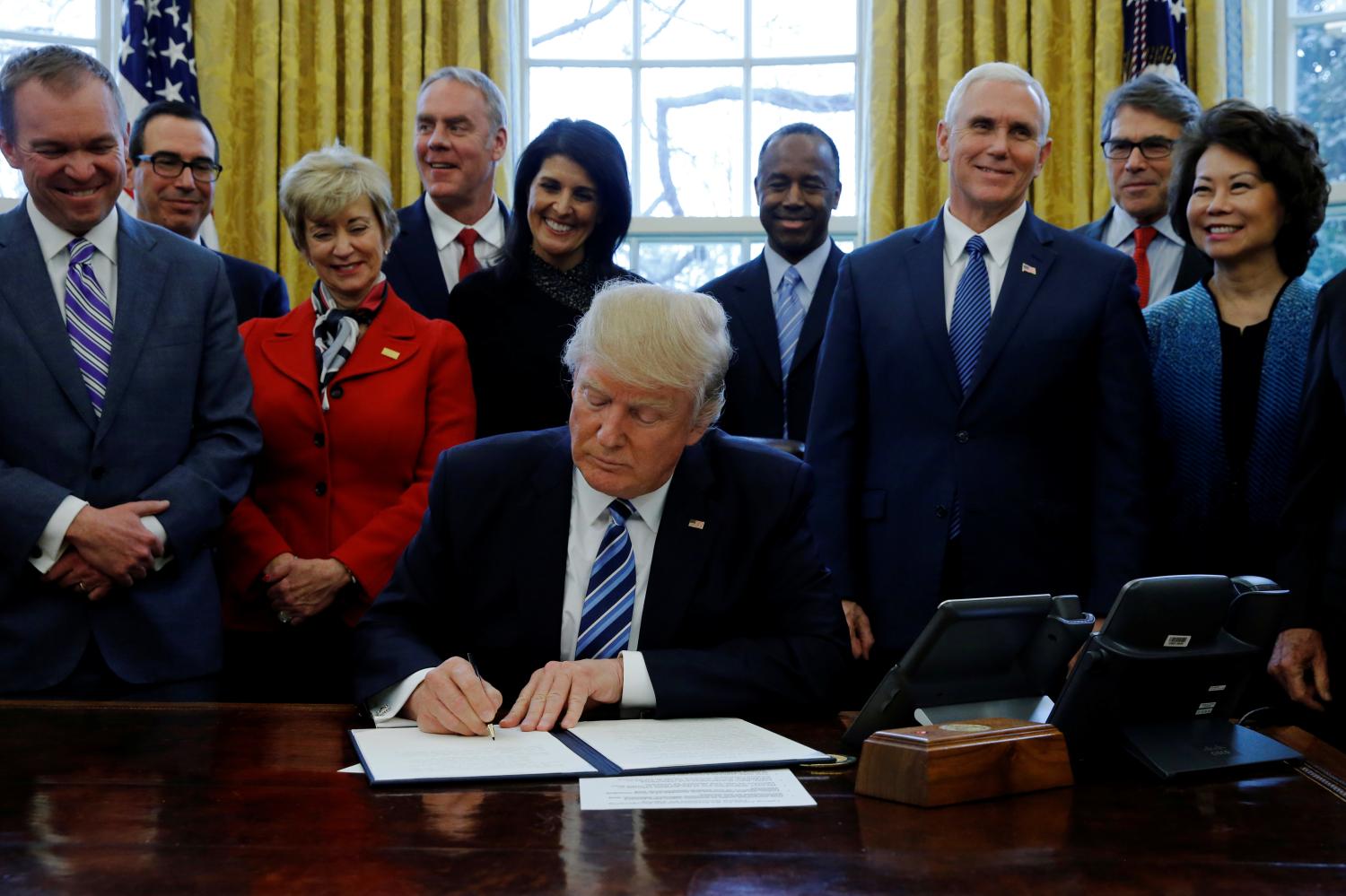The last several Congresses have seen an unusually high level of contention between legislators and federal judges, spawned in part by unpopular decisions and demands by some for a more “accountable” judicial branch. Although the 110th Congress is likely to see less heated rhetoric, efforts to balance judicial independence and accountability will continue. The Bush administration will try, probably with limited success, to continue to shift the composition of the federal courts, especially the thirteen courts of appeals. Other judicial matters on the legislative agenda likely will include sentencing policies, experimentation with specialist judges, judicial ethics, and video coverage of judicial proceedings.
Memories are fading over charged battles in recent Congresses about federal court decisions on capital punishment, public religious displays, abortion, gay rights, eminent domain, and refusing to intervene in the state court litigation over Terry Schiavo’s medical condition. The battles produced stand-offs over judicial nominations, impeachment threats, the House Working Group on Judicial Accountability, investigations of judges for alleged procedural manipulation and illegal sentences, and bills to eliminate federal court jurisdiction in important areas of constitutional adjudication. Former House Majority Leader Tom DeLay referred to an “arrogant, out-of-control, unaccountable judiciary.” Retired Supreme Court Justice Sandra Day O’Connor warned that “strongarm[ing] the judiciary” was the first step in the road to dictatorship.
The Brookings Institution is committed to quality, independence, and impact.
We are supported by a diverse array of funders. In line with our values and policies, each Brookings publication represents the sole views of its author(s).




